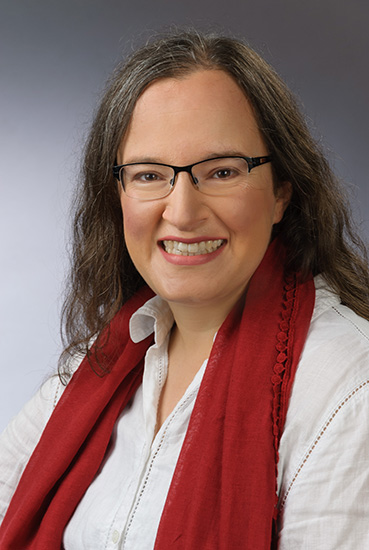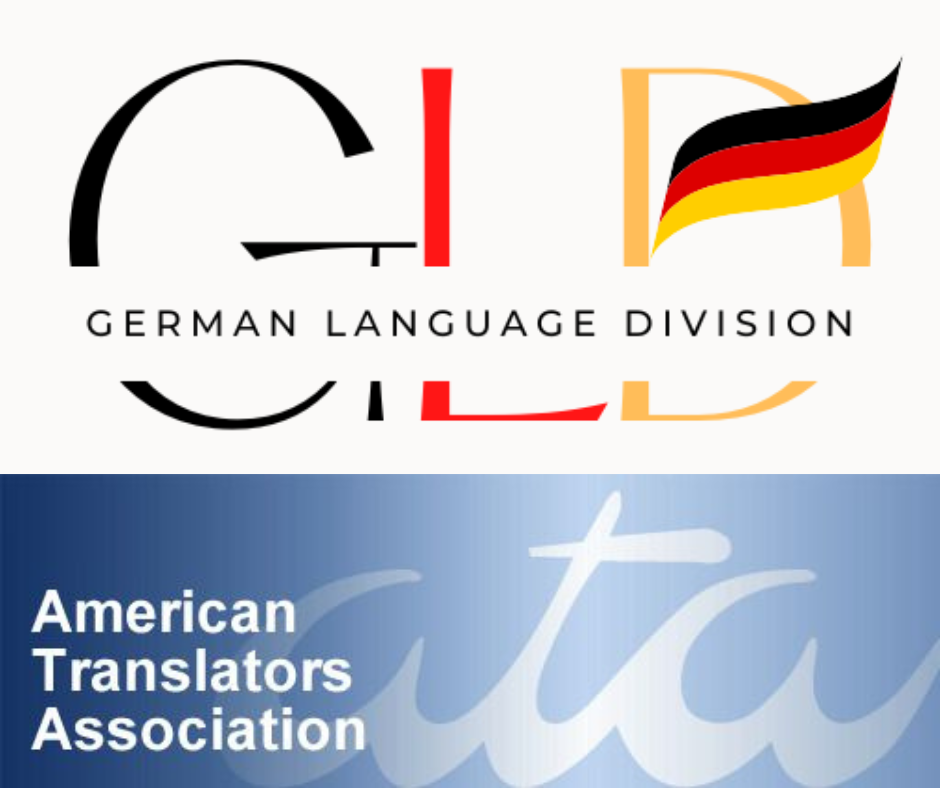For many of those who work in the field of academic and university-related translations, Mannheim is a special place, and a place they’d rather missed. On May 23, 2023, after three cancellations of the in-person event due to the pandemic, the Netzwerk Hochschulübersetzer*innen met in Mannheim for the ninth Netzwerktreffen at the University of Mannheim. In many respects, the event was just as many remembered—informative presentations, stimulating discussion, and lots of opportunities to caffeinate together with 70+ colleagues who deal regularly with similar issues of language, bureaucracy, and technology (not necessarily in that order).
Those presentations included both mechanical (yes, MT is not going away) and very human (inclusive, sensitive language) aspects. After everyone had had a chance to greet old friends and make new contacts over their first cup of coffee for the day, Prof. Uta Seewald-Heeg from Anhalt University of Applied Sciences started things off with her talk about “Ein Werkzeugkasten für das Post-Editing.” It will come as no surprise to anyone reading along here that machine translation and other automated tools are radically changing how translators work. Similarly, Lea Schantz had come to Mannheim from the Lidl Stiftung to tell the audience about how that corporation relies on a complex hybrid system of human and machine translation to provide employees and customers with thousands of pages of translation in dozens of languages on a daily basis. Sometimes the question is not “Is it good?” but “Is it good enough?” And that, apparently, is a question we should be prepared to answer in two seconds!
After a lunch break in the Rektoratshof, the group gathered for the traditional photo on the stairs outside the Fuchs-Petrolub-Saal before reassembling for Elisabeth Evers’s talk on how to incorporate gender-sensitive language into terminology databanks for CAT tools. Her talk led rather naturally—after a coffee break, of course!—into the first “fishbowl” discussion of the afternoon on the limits and challenges of gender inclusivity in our work. This innovative method for facilitating group discussion included a panel of colleagues who had volunteered to contribute ahead of time but also gave anyone from the audience the opportunity to ask questions or comment, as well. Although translators have been grappling with these issues for some time now, there was plenty of discussion—and a few chuckles at terms like “Doktorierende.” In a second round of fishbowl discussion, a new panel of volunteers outlined their experiences with machine translation on university websites and the sorts of problems they’d run into. There were a few more chuckles here, of course, but the consensus must be that, while hardly perfect, machine translation is also hardly going away.
The event officially ended with another coffee break. For this one, the organizers had designated themes for the tables, so participants could have a last opportunity to discuss whatever topics were foremost in their mind at that point. The crowd dwindled slowly as people left to catch their trains or meet up in smaller groups elsewhere. And yet another Netzwerktreffen was in the books, with number ten to look forward to in 2024.

Born and raised in western North Carolina, Ellen Yutzy Glebe’s life path has taken her far from the Appalachian mountains she still considers home. Luckily for her, she’s found a second home near the geographic center of Germany, namely the city of Kassel, where she works as a freelance translator and editor specializing in academic texts and historical scholarship. Ellen has a BA in German and history from Guilford College and a PhD in early modern European history from the University of California-Berkeley, and she is actively cultivating a professional network of translators with similar backgrounds and interest in academic texts and the humanities. She took over coordination of the ATA’s GLD Members in Europe group in 2019.
